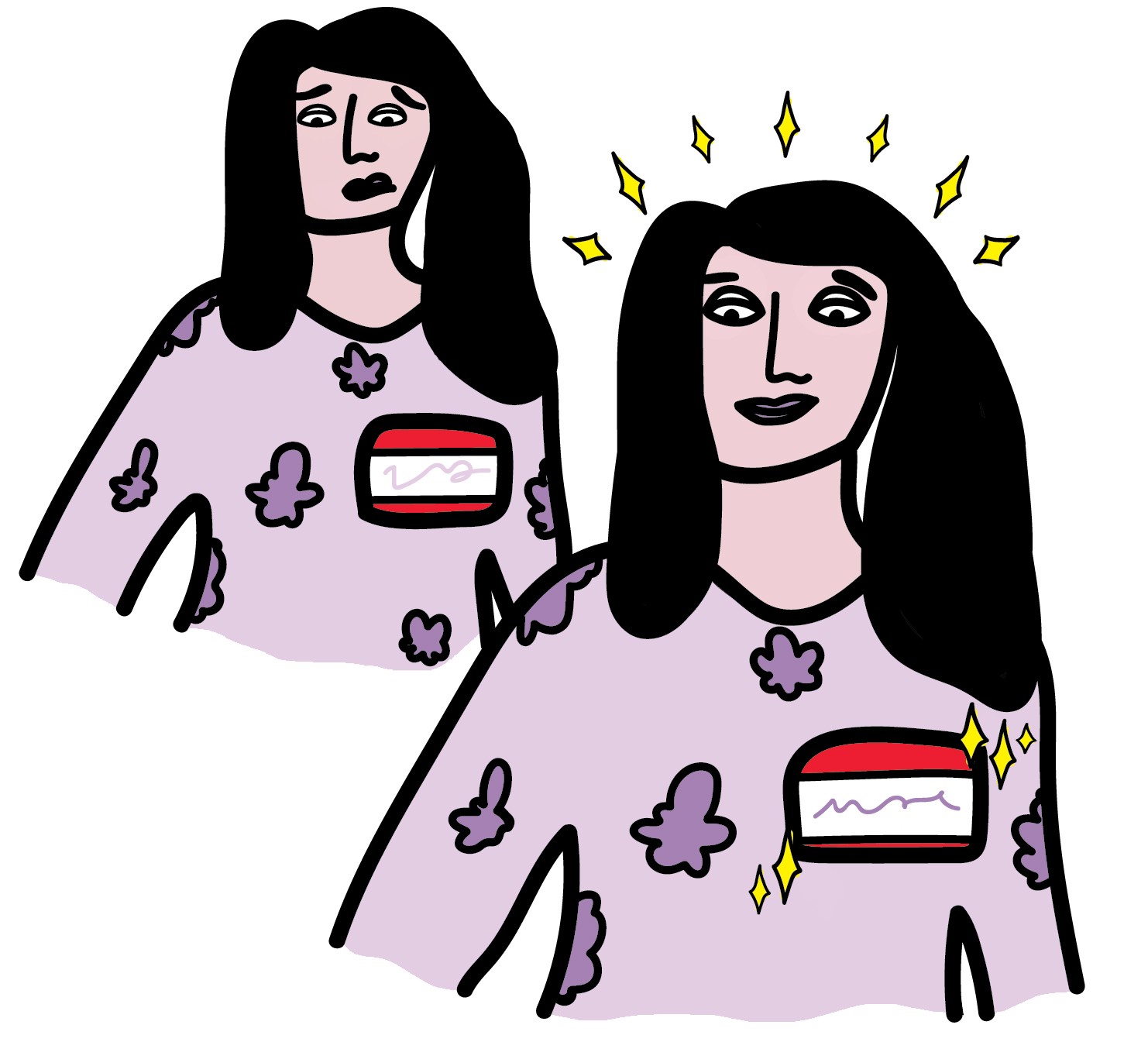The University of Minnesota Law School’s LGBTQ+ student association is hosting a name change clinic next month to provide legal services for queer and trans students.
OutLaw is collaborating with LGBTQ+ advocacy group OutFront Minnesota and the law firm Robins Kaplan to provide pro bono attorneys in Mondale Hall on March 6. They will assist clients with the name change process and help them navigate the legal forms. Online registration is needed to participate in the clinic.
The name change process can be inaccessible and daunting, said Holly Dolejsi, an attorney at Robins Kaplan. More than two-thirds of the respondents to the 2015 U.S. Transgender Survey reported that none of their IDs had the name and gender they preferred.
In Minnesota, a person seeking a name change must fill out a form and pay a filing fee of approximately $300 unless they qualify for a waiver. The person must then appear before a judge in a court hearing to ensure that the name change is for valid legal reasons.
“This is something that we can help with. By having these clinics where people come in, we can go through the paperwork with them … and give them instructions about which courthouse to send them to,” Dolejsi said. “Ultimately, our goal is to make sure that everyone has access to the court.”
The upcoming clinic at the University will be Robins Kaplan’s fourth. The law firm began providing legal name change clinics last year when OutFront Minnesota approached them about an unmet need in the LGBTQ+ community. In that time, Robins Kaplan was able to help about 70 people submit paperwork for a name change, Dolejsi said.
Name change support is also available at the University’s Student Legal Service. At SLS, attorneys fill out the paperwork, file it with the court and represent the student at a hearing, according to SLS attorney Karmen McQuitty.
McQuitty has helped students get name changes since she started at SLS seven years ago. In fiscal year 2019, McQuitty said SLS represented 15 students requesting a name change.
Many transgender people have to explain who they are repeatedly when their IDs do not align with their identity.
“For a lot of people, the fact that their birth certificate or their driver’s license doesn’t conform with their gender identity is a very painful fact,” Dolejsi said. “So this step of going through the legal name change processes is just another instance where that explanation will be made again, so I think emotionally it can be intimidating.”
OutLaw hopes the clinic will encourage students to seek out the resources they need, said Charlie O’Meara, the OutLaw communications director.
“OutLaw is queer and trans students looking out for queer and trans students, and I’m hoping that’ll make people feel a little more comfortable coming and getting services,” he said.








